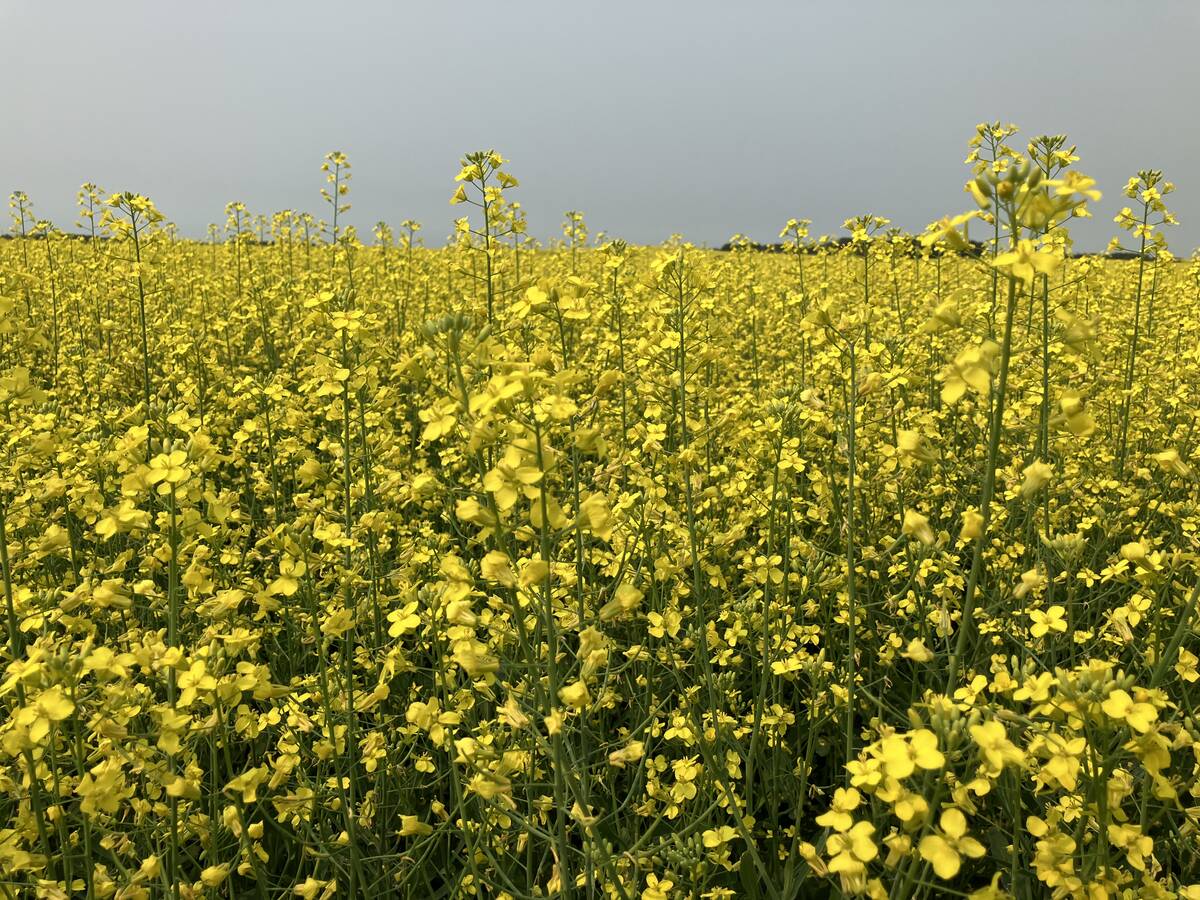At least one farm leader isn’t buying federal agriculture minister Lyle Vanclief’s vision for the future of farming.
Vanclief often waxes eloquent about making Canadian food the best, safest, and most sought after in the world.
In speeches like the one he gave to the Western Canadian Conference on the Food Industry in Winnipeg June 1, he touts the agri-food industry’s huge value in jobs and money, great opportunities in organic and nutraceutical food markets, and Canada’s ability to create Made-In-Canada brand food that will be the most popular in the world.
Read Also

Canola used in only quarter of Canadian biofuel
Less than one-quarter of the biodiesel and renewable diesel used in Canada in 2024 was made from canola oil feedstock
But he offered less vision about how prairie grain and oilseeds farmers will benefit from these accomplishments.
Don Dewar, president of Keystone Agricultural Producers, thinks it’s a flawed vision.
“The question we’ve been asking is where do we fit in,” he said in an interview.
“It’s frustrating.”
During his trip to Manitoba, Vanclief praised a group of producers near Winnipeg for diversifying into hog production, but Dewar said producing pigs won’t save grain and oilseeds producers.
“Even if I built a hog barn, why would I keep growing barley,” Dewar said. “I can buy it cheaper than I can grow it.”
Vanclief said he wants to make Canadian food the most attractive in the world by guaranteeing it is safe, high quality and environmentally friendly.
“We want our global customers to have an unfailing confidence that our agricultural products are the safest and the highest quality in the world, and we want fair and competitive access to markets so that we can capture new opportunities,” Vanclief said in his speech.
Manitoba agriculture minister Rosann Wowchuk praised the food processing industry and said her province had great hopes it would expand.
But she said in an interview she hoped Vanclief realized all farmers can’t switch to niche market crops.
“We have a vast tract of land in Western Canada. We will always have grain production on this land,” she said.”There will be some niche markets, there will be some diversification into other products, but we will not all produce peas and we will not all produce beans.”
She said the federal government needs to give hope to prairie grain and oilseeds farmers that there is a place in the future for them. If the government doesn’t do that, its shining vision of the future of the food processing industry will be put in jeopardy.
“Without the primary producer, this cannot happen.”
Dewar said all prairie producers realize that they would be better off if they weren’t just producing bulk commodities, but were instead supplying specialty markets.
“But it’s difficult to find enough niche markets for 65 million acres.”
Dewar said farmers in Manitoba think the federal government has written them off.
“We’re going to lose the primary producers,” he said.
“It’s just a losing proposition.”

















